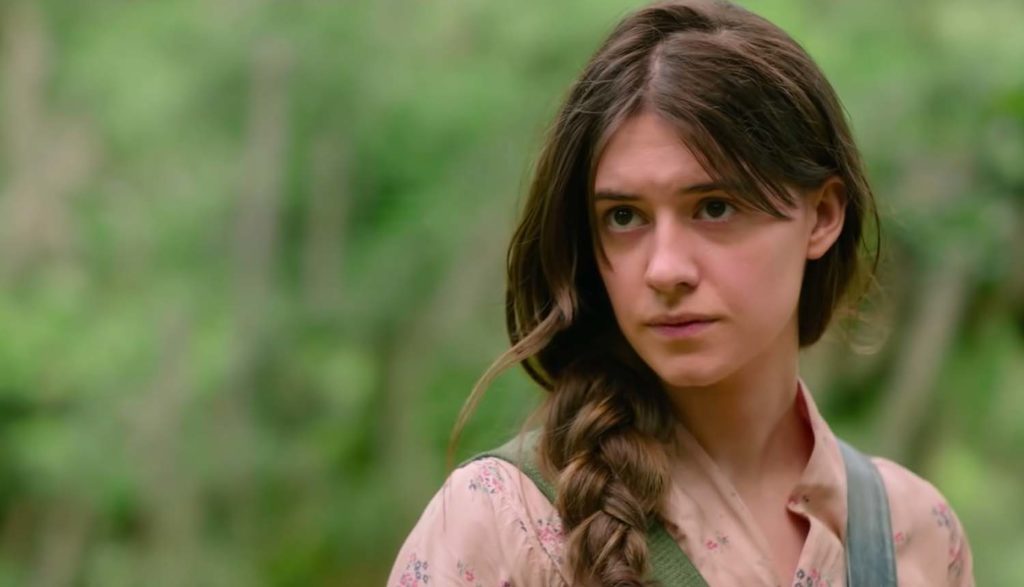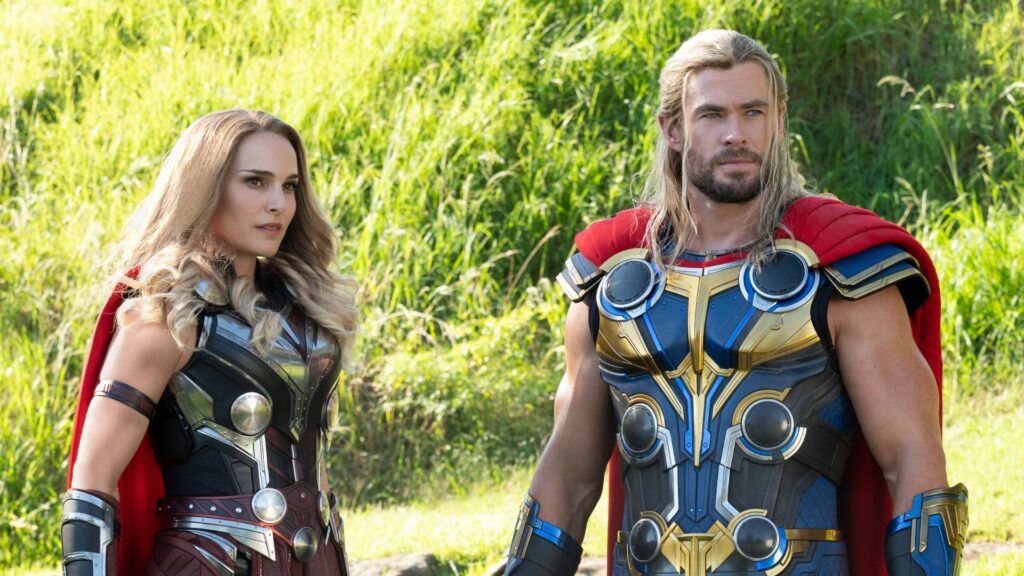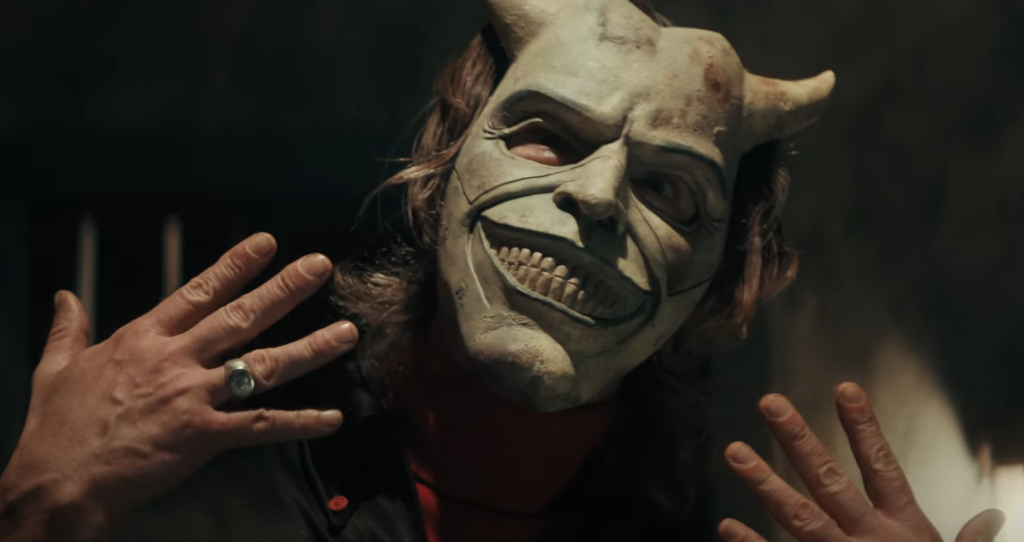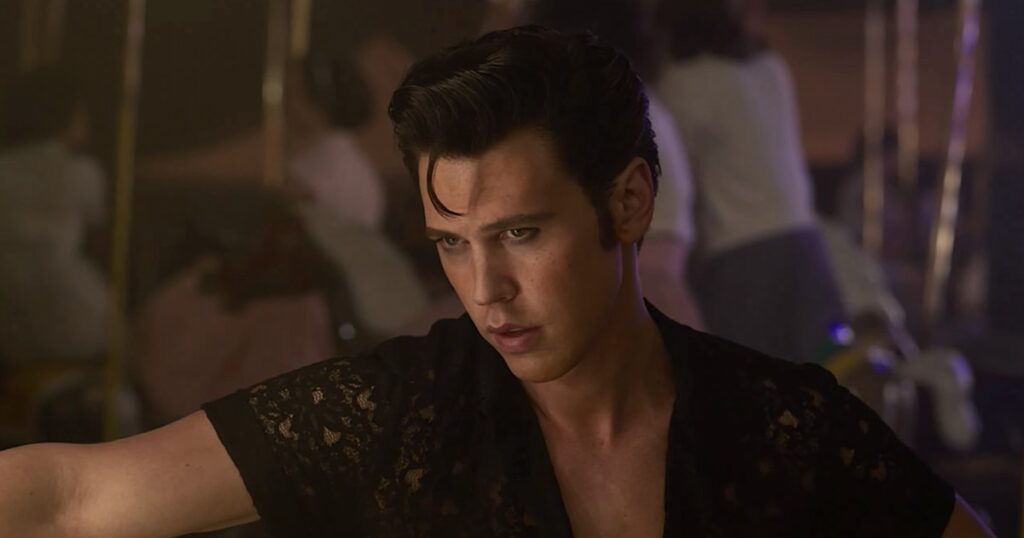Nope: Intelligent Equine
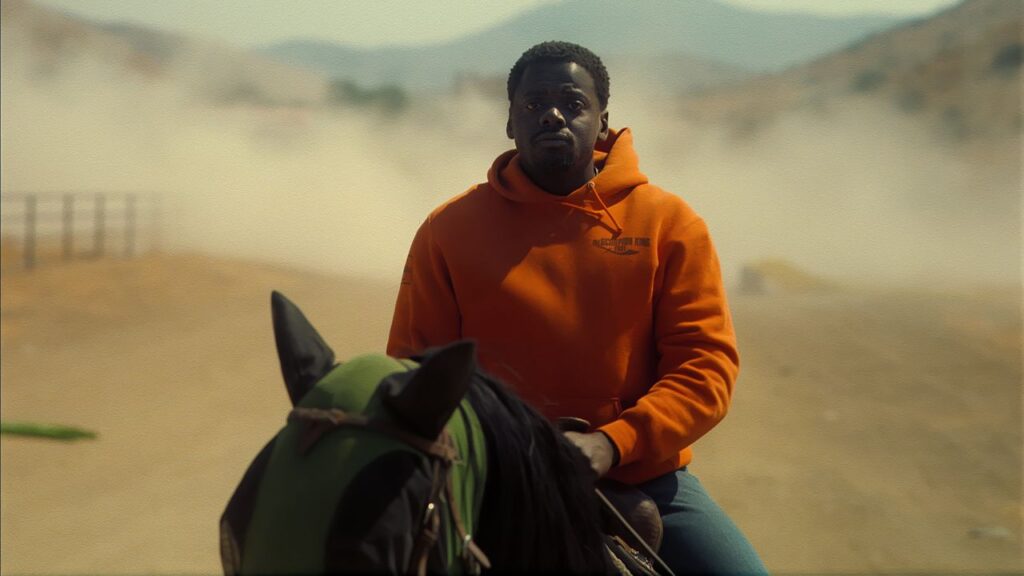
Throughout Nope, the eye-popping and brain-tingling third feature from Jordan Peele, title cards bearing the name of an animal interrupt the proceedings, as if to divide the movie into discrete, enigmatic chapters. The headings typically refer to various horses (Lucky, Ghost, etc.) who are owned and trained by the main characters, while the final section opens with a nickname assigned to the mysterious, malevolent force that looms in the sky above their house. At the rough midpoint, however, the elaborate scheming and the interplanetary hijinks are put on pause, and the film rewinds several decades to the set of a multi-camera sitcom, where the titular attraction is a chimpanzee called Gordy.
What follows is one of the most spellbinding set pieces I’ve seen on screen in quite some time. Combining sturdy cinematic building blocks—witty production design, precise framing, a painstakingly purposeful harmony of image and sound—Peele concocts a sequence that accumulates furious momentum yet is also achingly, exquisitely still. We glimpse the events, a ghastly display of chaos and carnage, from the perspective of a small boy named Jupe (Jacob Kim), who we already know will age into the commercially savvy proprietor of a Western-style theme park, where he will be played with sly confidence by Steven Yeun. Yet in the moment, that foreknowledge provides little comfort, and as the young Jupe hides under a table, paralyzed with fright, you are less likely to sympathize with him than embody him—frozen in horror, yet helpless to look away. Read More

